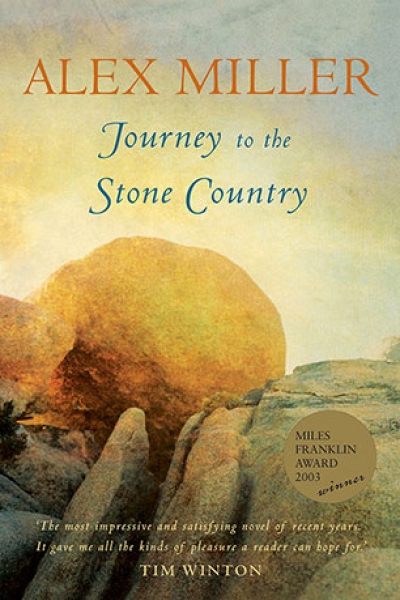Peter Pierce

Peter Pierce (1950-2018) was an Honorary Professor at Monash University. He edited The Cambridge History of Australian Literature and had been chief judge of the Prime Minister's Literary Award for Fiction for the many years. Among his other books are From Go to Whoa: A Compendium of the Australian Turf; Australian Melodramas: Thomas Keneally's Fiction; and The Country of Lost Children.
Between the wars, the dominant mode of Australian fiction was the saga: tales of land-taking and nation-building, melodramas within families across generations, characters shaped by loneliness and obsession, struggles against fire, flood, and drought, and the anguish of married life. In the fiction of Eleanor Dark, ‘M. Barnard Eldershaw’, Xavier Herbert, ‘Louis Kaye’, and Brian Penton amon ... (read more)
Of the fate of Australian prisoners of war in the hands of the Japanese during World War II, the literature – memoir, fiction, history – is voluminous. There were 21,652 of them, of whom thirty-five per cent, or 7780, perished. A good deal has also been written of enemy prisoners – Japanese, German, Italian – who were held in camps in this country, and in particular of the mass breakout at ... (read more)

